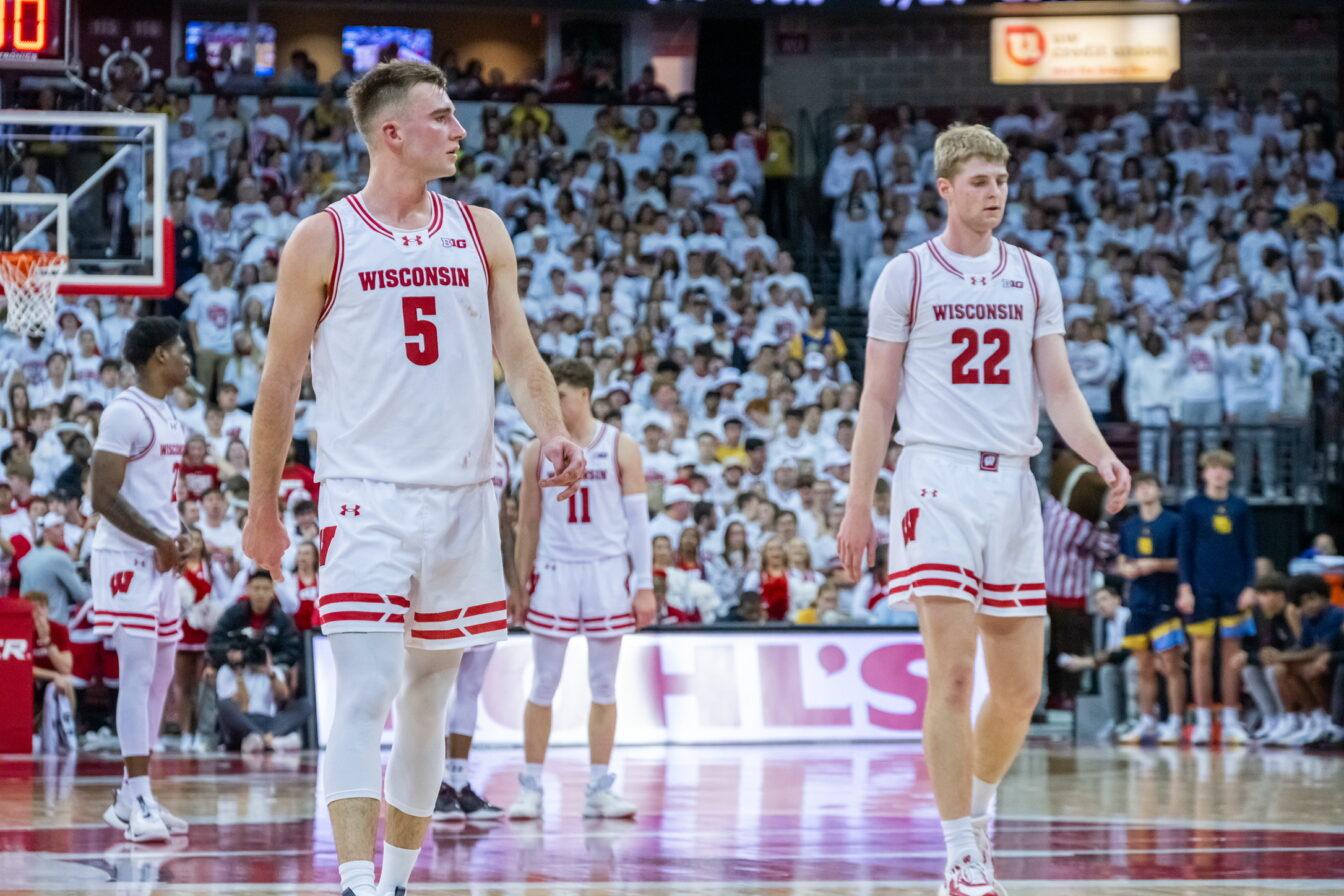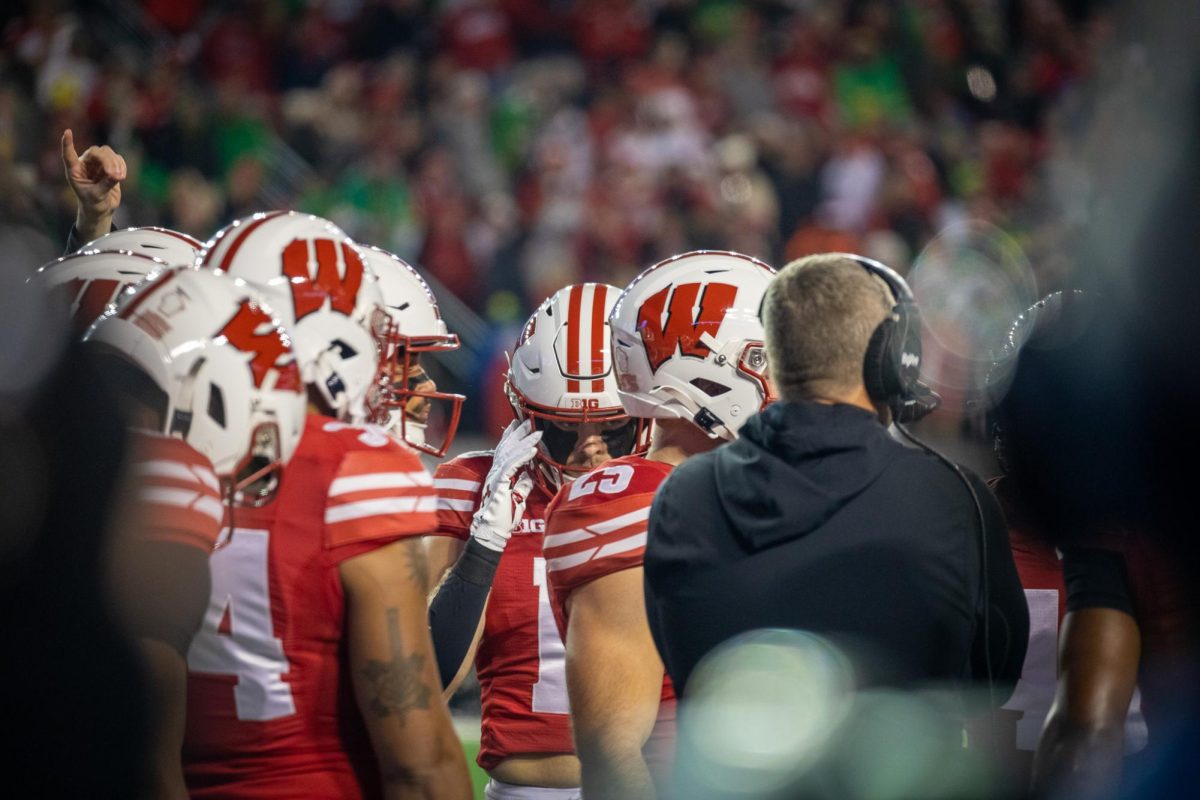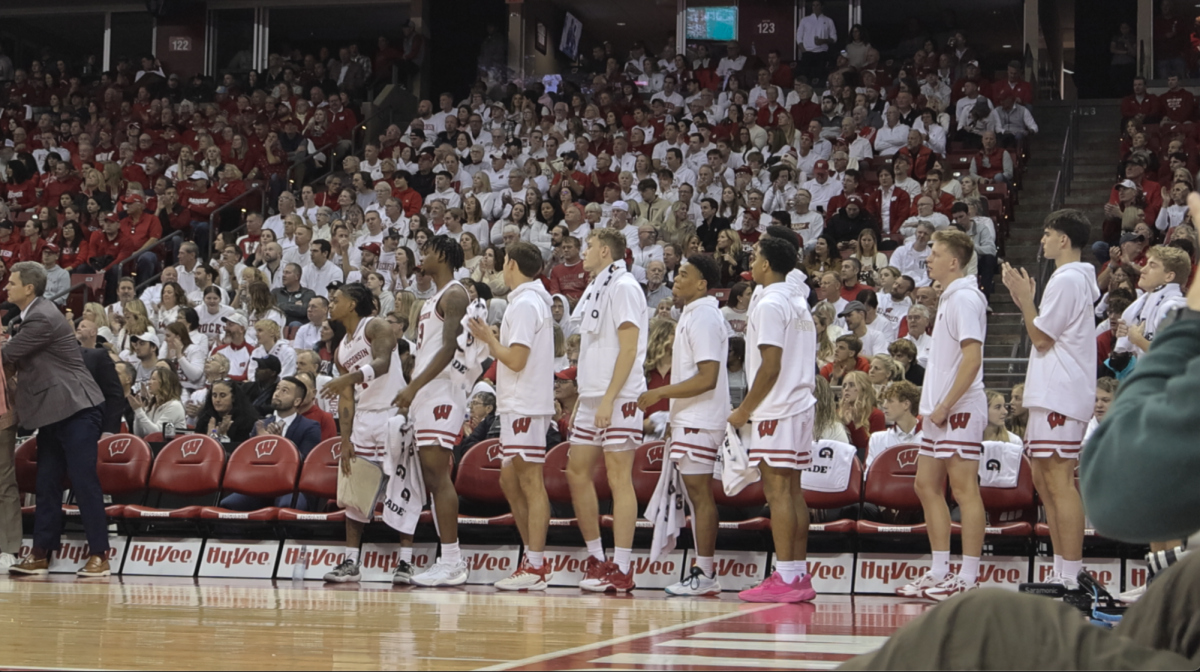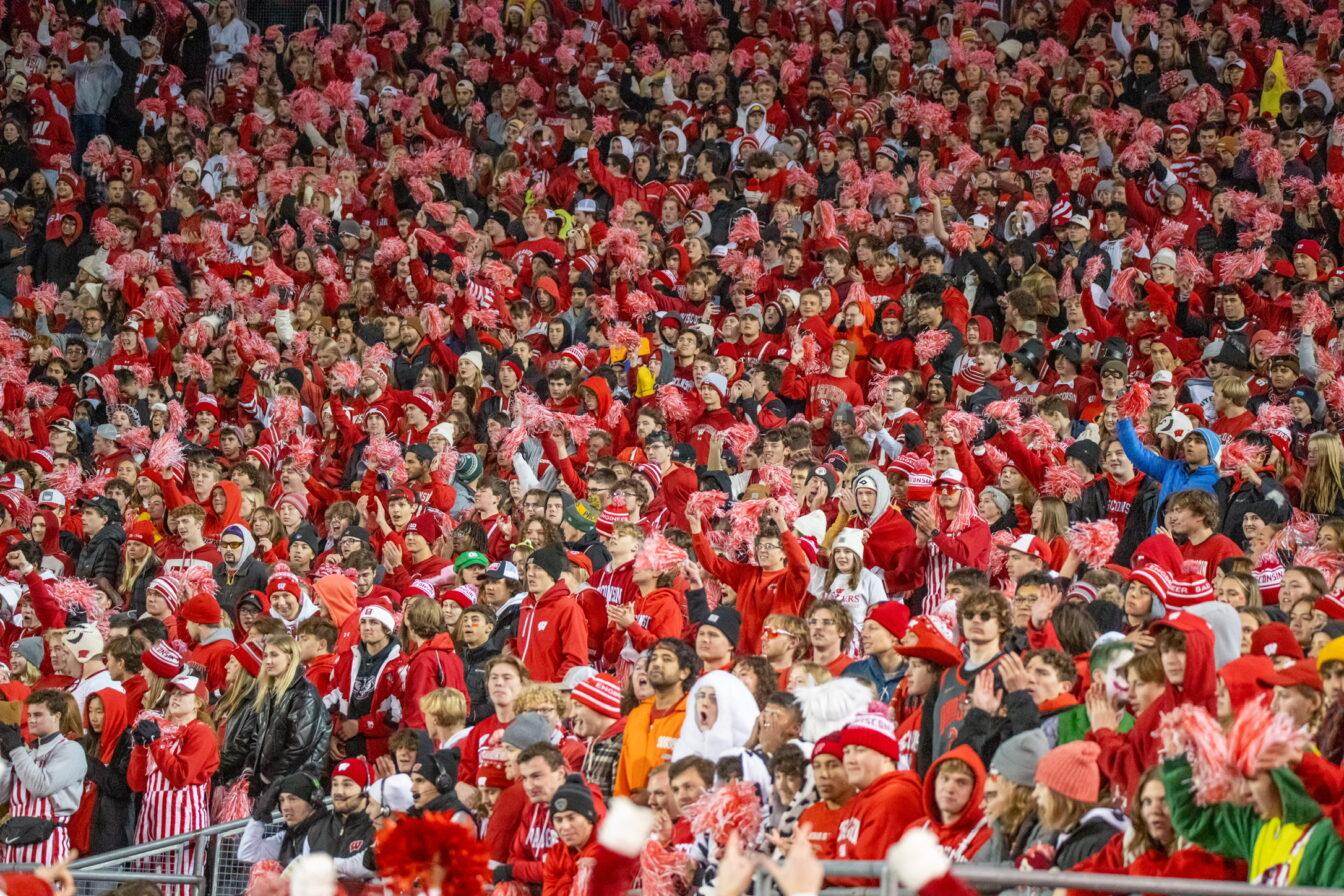Between the New Orleans Saints’ bounty program, all the fallout that came with it and Peyton Manning’s short bout of free agency, it’s undoubtedly been a raucous offseason for the NFL.
But once again, Tim Tebow steals the show.
John Elway unsurprisingly pursued Manning and gave the clear impression that Tebow was never going to be the quarterback he wanted, despite what was said in last season’s playoffs.
And in one of the most bizarre moves yet this offseason, the New York Jets traded a 2012 fourth and sixth-round draft pick in return for Tebow and a seventh-round draft pick. While Jets’ quarterback Mark Sanchez isn’t overwhelmingly outstanding, finishing 2011 with a 78.2 percent passer rating and 3,474 passing yards last year (good for 15th in the league), the Jets picked up a quarterback who is notoriously known for his poor throwing form and mostly makes things happen with his own run game.
Many will be sad that he’ll have to sit on the bench in New York. Especially since it’s behind a quarterback like Sanchez. But Tebow deserves to be on the bench. He is possibly one of the most overrated and overexposed athletes in not only the NFL, but in sports, and the Jets made what looks more like a PR move than anything else by acquiring the fourth-quarter comeback kid.
I’ve never been sold on Tebow. Sure he has a great story. He is a great role model for a lot of kids. But when it comes to his actual talent, there is no concrete, consistent evidence that supports his ability.
He had a great collegiate career, winning two national championships in 2006 and 2008 under Urban Meyer in Florida. He also won the Heisman in 2007 as a sophomore.
His story was remarkable and he was truly a sensation at that time. But he was also a collegiate system-quarterback. Once he got to Denver, things changed drastically. He was no longer playing in a system he could thrive in, and as a result he struggled. In his first season he played in nine games, as the Broncos quarterback corps faced injuries and issues with starter Kyle Orton and backup Brady Quinn.
In his nine games, Tebow completed 50 percent of his passes for 654 yards and thus marked a precipitous drop in his passer rating from college to the pros. His four-year collegiate passer rating was a sterling 177.7, but in the NFL it sits at 82.1.
He did, though, certainly revive a struggling Bronco team in 2011, taking a 1-4 start and turning the team into a divisional round playoff contestant.
But, imagine for a second, if kicker Matt Prater hadn’t hit that 51-yard field goal for the overtime win against the Chicago Bears, Tebow’s storybook year probably wouldn’t have ended in the same manner.
For the most part, Tebow’s performances throughout the 2011 season were ugly and largely relied on fourth-quarter comebacks. Those comebacks are great and all, but a quarterback that can get the job done the whole way through the game is largely preferable to one who is known more for the way he prays than as a solid play caller.
In his 14 games in 2011, Tebow finished with 1,729 passing yards after completing only 46.5 percent of his passes en route to a 72.9 passer rating. He also managed 12 passing touchdowns, but turned the ball over 13 times on six interceptions and seven fumbles.
Tebow found more success after the Broncos changed their game plan and set up a system for the second-year quarterback. They called more option plays and planned runs. As a result, Tebow became known for his running ability, scoring six rushing touchdowns and amassing 660 yards on 122 rushing attempts.
There was only one play this year that made me believe Tebow had potential to become something more. Embarrassing Pittsburgh on the first play of overtime on the Wild Card round of the playoffs, Tebow threw a deep pass over the middle to wide receiver Demaryius Thomas for an 80-yard touchdown and a trip to New England the following weekend.
But that’s just it. His pro career has seemed largely to be a string of a lucky play here and there which add up to a win now and again. He hasn’t found consistency yet, which leaves a large question mark hanging over his head.
So when the Jets traded for him after Manning signed with Denver, one had to wonder what the Jets organization was up to. Bringing in Tebow will undoubtedly boost its image. Tebow is such a loved figure for his story and the way people believe he creates miracles on the field, but the Jets seem to simply be grasping at the thin hope his popularity will rub off on their organization and give them some consistently positive PR.
Last season, people couldn’t stop raving about Tebow. Sports pundits like Skip Bayless claimed over and over again how great he was, while others balked on the subject of his actual ability.
While Tebow took over almost every sports media outlet – it was seemingly impossible to avoid him or a topic about him – he was only ever portrayed in a positive light, especially with his life off the field.
That’s great and all, but the Jets aren’t looking at Tebow as a true solution to their quarterback situation when all is said and done.
Kelly is a junior majoring in journalism. Think Tebow is the greatest thing since ever? Let her know at [email protected].













